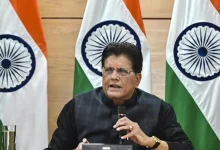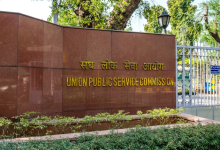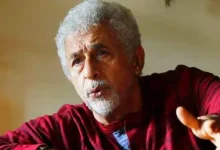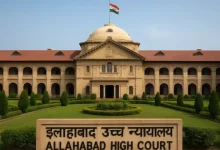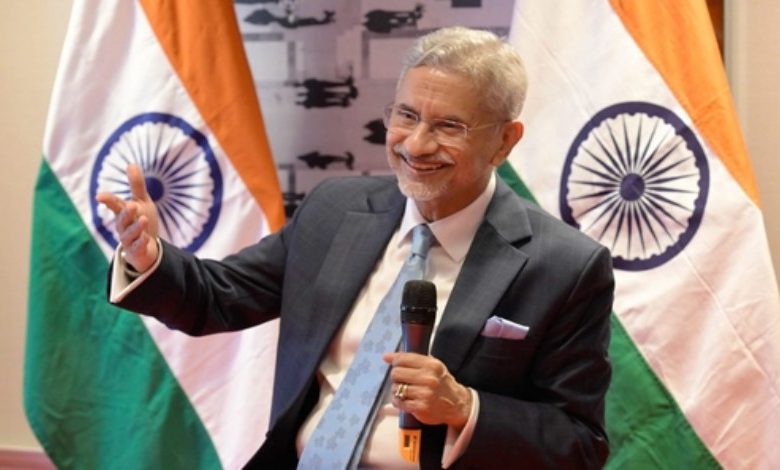
In a fiery address during his Brussels visit, India’s External Affairs Minister S Jaishankar branded Pakistan as “Terroristan,” urging global powers to take a hardline stance against terrorism and nuclear coercion. Speaking alongside EU High Representative for Foreign Affairs and Security Policy Kaja Kallas at a joint press conference, Jaishankar reframed the India-Pakistan dynamic, insisting it’s not a bilateral spat but a battle against terrorism.
“Let’s not see this as India versus Pakistan. This is India confronting Terroristan,” Jaishankar declared, emphasizing the need for international unity to combat terrorism. He called for zero tolerance toward terrorist acts and warned against succumbing to nuclear threats, describing it as a shared global challenge requiring robust cooperation.
The minister’s remarks follow the devastating April 22 terror attack in Pahalgam, which killed 26 people and heightened tensions between the nuclear-armed neighbors. In response, India conducted targeted strikes on May 7 under Operation Sindoor, hitting terror facilities in Pakistan and Pakistan-occupied Kashmir.
In an interview with Politico, Jaishankar issued a stern warning: any future attacks would trigger a decisive Indian response. “If Pakistan persists with barbaric acts like those in April, there will be consequences. We’ll target terrorist groups and their leaders, no matter where they are,” he said, adding that India’s retaliation would not be limited by borders. “If they’re deep in Pakistan, we’ll go deep into Pakistan.”
Though recent hostilities have eased, Jaishankar stressed that the root issues persist, pointing to Pakistan’s longstanding use of terrorism as state policy. “The commitment to terrorism remains a core source of tension,” he told reporters when asked if the triggers of last month’s conflict still linger.
Jaishankar also highlighted the effectiveness of India’s military response, noting that Indian forces, including Rafale jets and missiles, inflicted significant damage on Pakistani targets. “The proof is in the destruction disabled airfields and runways on their side, visible even on Google satellite imagery,” he said, claiming that Pakistan sought peace only after India crippled eight key airfields on May 10.
At another event, Jaishankar reiterated India’s resolve to dismantle terror networks, specifically referencing strikes on Muridke and Bahawalpur, notorious hubs for attacks against India. “For decades, these places fueled terrorism. This time, we sent a clear message: we’ll find and eliminate terrorists wherever they hide,” he said, underscoring India’s right to self-defense.
He further distinguished India’s situation, noting that while terrorism affects regions like Europe, no European nation openly employs it as state policy the way Pakistan does. “That’s what makes our challenge unique,” he said.
Jaishankar’s Europe tour, which includes meetings with leaders from the European Union, Belgium, and France, aims to bolster ties and reinforce India’s unwavering stance against terrorism.

